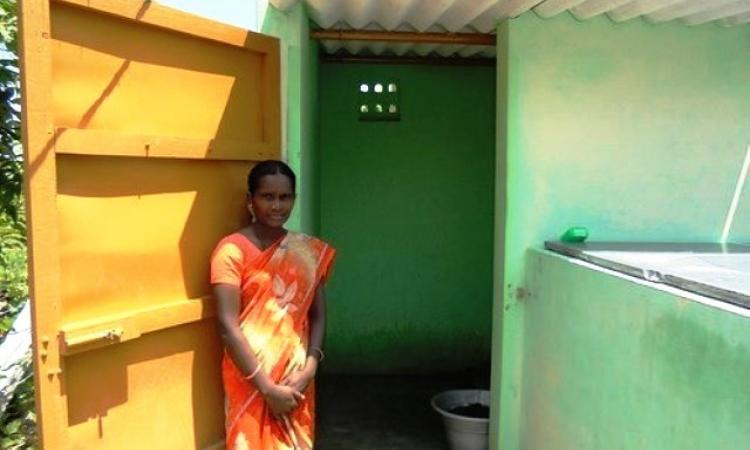
Menstrual hygiene management continues to be a challenge for rural women in India and many women are forced to resort to unhygienic ways of managing menstruation thus affecting their health and well-being. The paper titled 'Menstrual management and low cost sanitary napkins' published in the Economic and Political Weekly, says that the recent advent of low-cost sanitary napkin-making technology, which has been considered as a boon, is being propogated by a number of governmental and non-governmental organisations. A number of schemes and policies on procuring, producing and promoting the sale of these products have also come up to help women manage their menstruation hygienically. However, although these projects have been fairly successful in making a difference, there are a number of related issues that require urgent attention.
Using sanitary pads is not the only solution for successful menstrual management; it also includes awareness, access to information and confidence to manage menstruation with safety and dignity along with the need to use adequate water and agents and spaces for washing and bathing, as well as disposal with privacy and dignity. It also includes awareness and ability to manage methods of handling and storage, using the product upto the desired duration, maintaining personal hygiene etc.
Sanitary napkins, a temperory band-aid in the absence of sanitation?
As high as 67.3% of the rural population in India lacks toilets (Census 2011). Open defecation, bathing in dirty ponds or rivers, reusing menstrual products, washing menstrual rags without using soap and not drying them in sunlight is common among rural women, which can increase chances of infections. This is often due to a culture of shame and embarrassment.
The paper argues that replacing rags with low-cost napkins that continue to be abandoned in a similar way will only serve to encourage the same vicious cycle of recurrent infections. Thus, unless there is a change in existing unhealthy and unhygienic behavioural patterns, a mere replacement of products will not be effective.
Mini factories set up in the villages might not be an ideal place to manufacture sanitary napkins as the housing conditions and storage facilities in most villages is far from hygienic. Post use disposal of sanitary napkins is another issue that needs to be addressed since villages usually have no facilities for waste disposal.
The paper ends by arguing that low cost sanitary napkins can be the revolution that every rural woman needs, but only when the problem is looked at holistically and engagement is made with other related issues like information dissemination, access to toilets, clean water, privacy for changing, confidence in making health related decisions, and sustainable disposal of used products.
Please download a copy of the paper below.
/articles/low-cost-napkins-are-they-band-aid-absence-sanitation-facilities